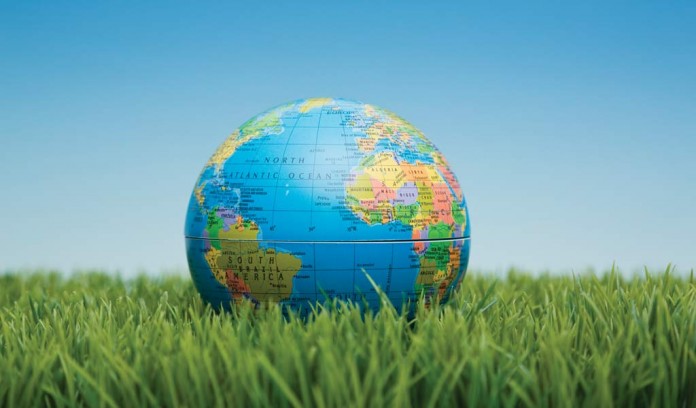On April 22, 1970, the first Earth Day, 20 million Americans launched the modern environmental movement.
Though Rachel Carson’s Silent Spring in 1962 sowed the seeds for this action, the birth of Earth Day triggered a national environmental consciousness.
A few days ago, just 46 years later, more than one billion people participated in Earth Day events around the world.
Earth Day every day
The world would be a better place if we all kept the principles of Earth Day in mind every day. Here are a few actions and thoughts to ponder.
Buy a stamp
Buy a Migratory Bird Hunting and Conservation Stamp ($25), more commonly called a Duck Stamp. The stamp itself is a miniature work of wildlife art, and the funds are used to procure habitat for National Wildlife Refuges.
Duck stamps can be purchased at larger post offices and online at www.duckstamp.com.
Planting
Plant a tree; trees consume carbon dioxide and release oxygen. Plant milkweed and other native wildflowers to promote insect pollinators, which are essential to feed the planet’s human population.
Conservation and climate
Join a conservation organization, preferably a local one. Support a local nature center or land conservancy. Learn about the reality of climate change. Denying it changes nothing.
Treat clean water and clean air like the precious resources they are. Recycle paper, glass, metal, and electronics.
Enjoy nature
Learn to identify one bird by sound this spring. On a clear night, gaze into the heavens and realize that the Earth is a mere speck in the Milky Way galaxy, which is a mere speck in the Universe.
Quotes
Finally, consider these thoughts from some of the great minds of our time.
“Never doubt that a small group of thoughtfully committed citizens can change the world. Indeed, it’s the only thing that ever has.” — Margaret Mead
“To keep every cog and every wheel is the first precaution of intelligent tinkering.” — Aldo Leopold
“Destroying a rainforest for economic gain is like burning a Renaissance painting to cook a meal.” — E.O. Wilson
“For the first time in the history of the world, every human being is now subjected to contact with dangerous chemicals, from the moment of conception until death.” — Rachel Carson
“The earth does not belong to man; man belongs to the earth. This we know. All things are connected like the blood which unites one family.” — Chief Seattle
“The long fight to save wild beauty represents democracy at its best. It requires citizens to practice the hardest of virtues — self-restraint.” — Edwin Way Teale
“We are the most dangerous species of life on the planet, and every other species, even the earth itself, has cause to fear our power to exterminate. But we are also the only species which, when it chooses to do so, will go to great effort to save what it might destroy.” — Wallace Stegner
“I recognize the right and duty of this generation to develop and use our natural resources, but I do not recognize the right to waste them, or rob by wasteful use, the generations that come after us.” — Theodore Roosevelt
“A true conservationist is a man who knows that the world is not given by his fathers but borrowed from his children.” — John James Audubon
“God bless America. Let’s save some of it.” — Edward Abbey
“The purpose of conservation: the greatest good to the greatest number of people for the longest time.” — Gifford Pinchot
“We cannot solve the problems we have created with the same thinking that created them.” — Albert Einstein
“I think having land and not ruining it is the most beautiful art that anybody could ever want to own.” — Andy Warhol
“In the end we will conserve only what we love; we will love only what we understand; and we will understand only what we are taught.” — Baba Dioum
“After you have exhausted what there is in business, politics, conviviality, and so on — and have found that none of these finally satisfies… what remains? Nature remains.” — Walt Whitman













